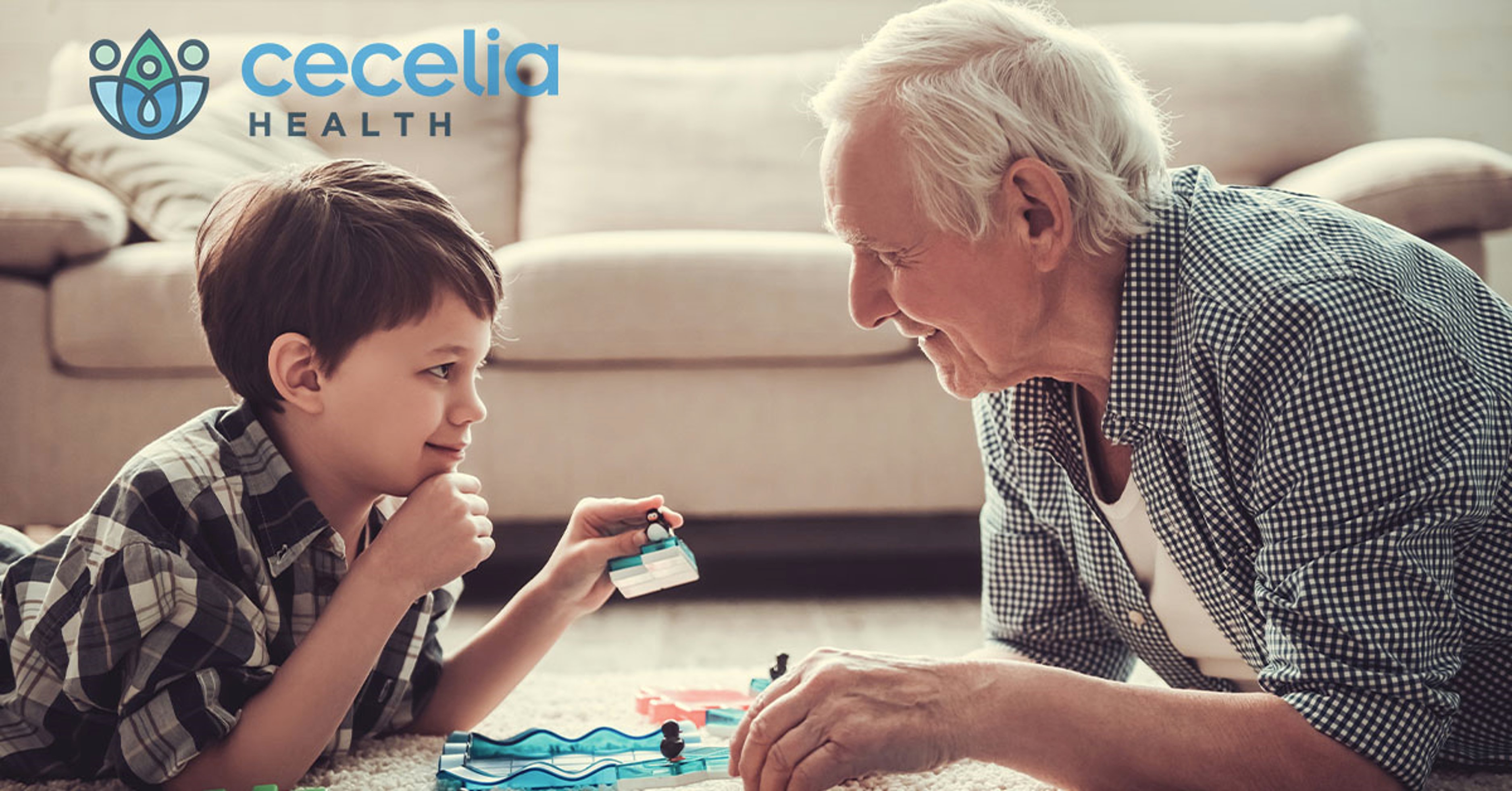In March, Tom experienced a terrifying cardiac event that landed him in the hospital. By the time he was discharged he was diagnosed with Type 2 diabetes, hypertension, and hyperlipidemia. He was instructed to begin taking insulin injections but didn’t receive any education or training on how to be successful with this new daily activity.
Tom’s diabetes diagnosis was a shock to him—he was gripped with fear, frustration, and anger over his new diagnosis. He had some understanding of how food impacted his blood glucose numbers and became afraid to eat anything. In addition, he was not receiving education from his primary care provider, did not have a support system, and had a limited understanding of his medication regimen. Luckily, Tom had access to a virtual diabetes (VDiSC) program through his commercial health insurance.
When Tom began working with his VDiSC expert clinician in July, his blood glucose levels were over 300mg/dL, his A1C was 13.3%, and he was following the same medication regimen instructions following his hospital discharge. Through the partnership with his dedicated clinician, Tom was referred to an endocrinologist for follow-up. He also began wearing a meter and learned how to monitor his blood glucose numbers.
Tom learned that knowledge is power in managing his new diabetes diagnosis, something he attributes to conversations with his VDiSC clinician. “When you understand how to care for your diabetes, you can live a full healthy life and overcome the fear and anger about the diagnosis.” Seven months later, Tom learned how to take care of himself and began to view food as medicine. Now that his A1C decreased to 7.5%, he can finally breathe and laugh a little.
A success story like Tom’s is similar to many individuals who are diagnosed with a new disease and fear what’s next in everyday health management. People want to feel that they aren’t alone in their care journey and have resources and help so they aren’t lost in navigating a new medication, device, or lifestyle. Tom offers a great example of how knowledge, support, and perseverance can result in improved health outcomes and a better quality of life.
